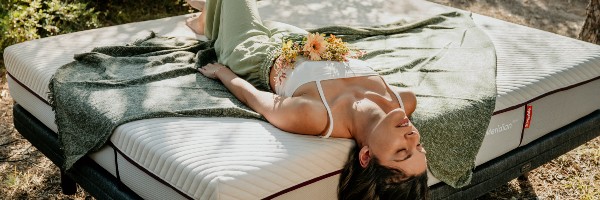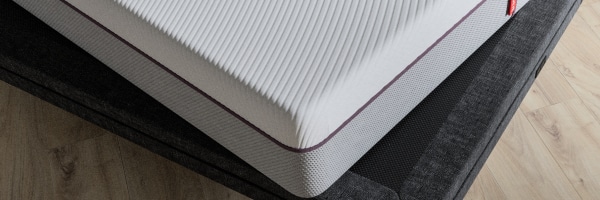Just as a balanced diet and regular exercise are cornerstones of good health, quality sleep plays a pivotal role in your immune response. Sleep is the time your body dedicates to repair, rejuvenation, and strengthening your natural defences to fight infection. Unfortunately, sleep deprivation is incredibly common in our fast-paced lives, unknowingly leaving us more susceptible to illnesses. Let’s delve into the fascinating link between sleep and immunity and how Marble’s sleep solutions can help you achieve the restorative slumber crucial for staying well.
Unveiling the Immune-Boosting Power of Sleep
Table of Contents
During sleep, your body releases proteins called cytokines that play a significant role in regulating your immune system. Certain types of cytokines increase when you have an infection or inflammation, helping your body put up a strong defence. A lack of sleep can lead to a decrease in these protective cytokines, compromising your immune function.
Furthermore, prolonged periods of quality sleep support the production of infection-fighting antibodies and immune cells. These help identify and destroy harmful bacteria and viruses. When we shortchange ourselves on sleep, their numbers diminish, weakening our defences.
Sleep Deprivation: Sabotaging Our Immunity
Beyond affecting cytokine and antibody production, a consistent lack of sleep can lead to chronic, low-level inflammation in the body. This sustained inflammation puts a strain on your immune system and sets the stage for various health issues. If you’re trying to build protection against illnesses, obtaining a good night’s rest is crucial to ensure your immune system can learn and remember how best to fight back.
Marble: Your Sleep Ally for Enhanced Immunity
- HexiGrid™ Advanced™: Inspired by the intricate design of honeycombs, this layer in our bed mattresses cradles pressure points, relieves aches, and maintains a comfortable temperature throughout the night.
- Surface Weave™: Taking cues from cacti, this technology promotes breathability and airflow in our mattresses, keeping you cool and preventing the discomfort of heat.
- Marble Flex Adjustable Beds: Customise your sleep positions, facilitate easier breathing, and enjoy features like under-bed illumination for safe nighttime movements with our recliner beds.
Optimising Your Sleep for Optimal Immunity

In addition to Marble’s sleep technology, here are some tips to ensure you get the sleep your immune system craves:
- Maintain a Regular Sleep Schedule: Aim for the same bedtime and wake-up time each day, even on weekends. This consistency helps regulate your body’s internal clock (circadian rhythm), signalling when it’s time to feel sleepy and when it’s time to be alert. A disrupted circadian rhythm can make it difficult to fall asleep and stay asleep, compromising restorative functions your body carries out during rest.
- Create a Relaxing Bedtime Routine: Engage in calming activities like reading, taking a warm bath, listening to soothing music, or practising light stretches. These activities help you transition from the stresses of the day into a more relaxed state conducive to sleep. Avoid screen time (phones, tablets, TV) for at least an hour before bed, as the blue light emitted can suppress melatonin production, a hormone that regulates sleepiness.
- Optimise Your Sleeping Environment: Make your bedroom dark, cool, and quiet. Use blackout curtains or an eye mask to block out light. A cool temperature (around 18 degrees Celsius) is ideal for sleep. Invest in earplugs or a white noise machine to minimise distractions if you live in a noisy environment. Your bedroom should be a sanctuary for sleep, not a multitasking hub.
- Limit Caffeine and Alcohol: Avoid these substances, especially before bed. Caffeine is a stimulant that can interfere with sleep for several hours after consumption. While alcohol may make you feel drowsy initially, it can disrupt sleep later on in the night, leading to fragmented rest and decreased quality.
- Engage in Regular Exercise: Physical activity during the day promotes better sleep at night. Aim for at least 30 minutes of moderate-intensity exercise most days of the week. However, avoid vigorous exercise too close to bedtime, as it can raise your body temperature and make it harder to fall asleep.
- Manage Stress: Chronic stress can raise cortisol levels, disrupting sleep. Find healthy ways to manage stress, such as mindfulness techniques, meditation, or talking to a therapist.
- Expose Yourself to Sunlight: Getting sunlight during the day helps regulate your circadian rhythm, making it easier to fall asleep at night.
- See a Doctor: If you have persistent sleep problems, consult your doctor to rule out any underlying medical conditions that could be interfering with your rest.











